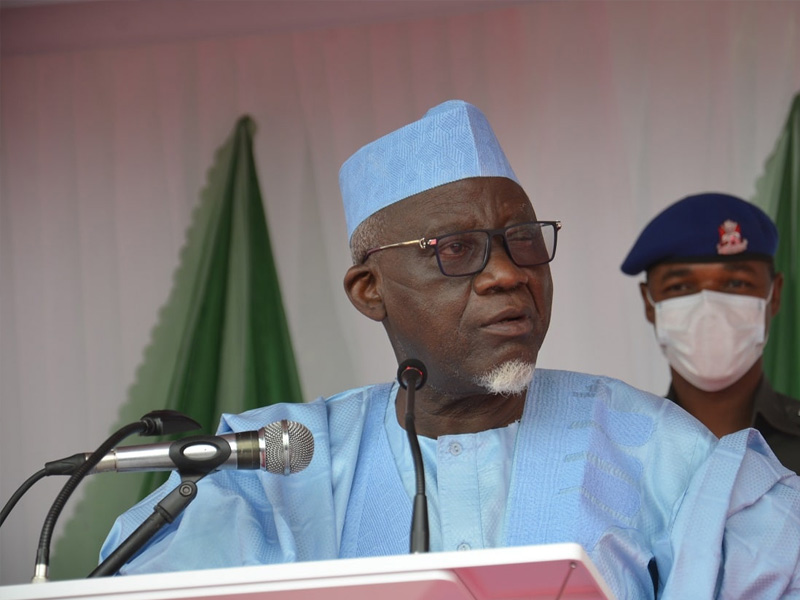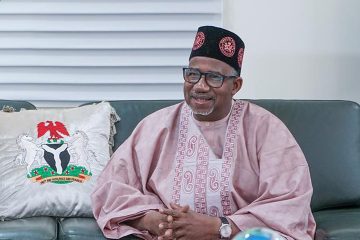Labour Minister: Nigerians shouldn’t rely on Ministry for jobs

The Minister of Labour and Employment, Muhammadu Dingyadi, has stated that job creation is not within the mandate of his ministry, urging Nigerians not to expect employment opportunities directly from his office.
Speaking on Thursday at the annual conference of the Federal Capital Territory chapter of the Nigerian Institute of Public Relations in Abuja, Dingyadi explained that the ministry’s primary responsibility is to facilitate an enabling environment for job creation, rather than offering direct employment.
Dingyadi said, “You will agree with me that the mandate of the Federal Ministry of Labour and Employment is never to give employment to people.
“However, it is at the heart of the Renewed Hope Agenda, particularly as it relates to job creation, sustained and inclusive investment, as well as the promotion of enhanced productivity for improved service delivery.”
Muhammadu Dingyadi
Reflecting on interactions with other officials, Dingyadi recounted, “As you are aware, the ministry is not there to provide employment, because the former minister of youths and sports (Sunday Dare), before he left, was asking me to give him jobs. I said we only create the environment for jobs. We don’t give jobs.”
He emphasized the government’s dedication to economic recovery through the Renewed Hope Agenda, which prioritizes attracting investments, boosting productivity, and enhancing service delivery.
Dingyadi highlighted President Bola Tinubu’s leadership in driving initiatives for economic transformation, pointing to the successful negotiation of a new minimum wage as evidence of the administration’s commitment to improving workers’ welfare and promoting sustainable development.
“Mr President is poised and committed to providing the requisite leadership and driving initiatives geared towards Nigeria’s economic recovery and transformation.
“This is evident in the recent successful negotiation of a new minimum wage for Nigerian workers, and the deliberate efforts towards sustainable strategic investments in human capital, infrastructure, innovation and institutional reforms,” Dingyadi added.
He concluded by reiterating that the ministry’s role is to support job creation indirectly through infrastructure development, innovation, and institutional reforms rather than direct employment.






